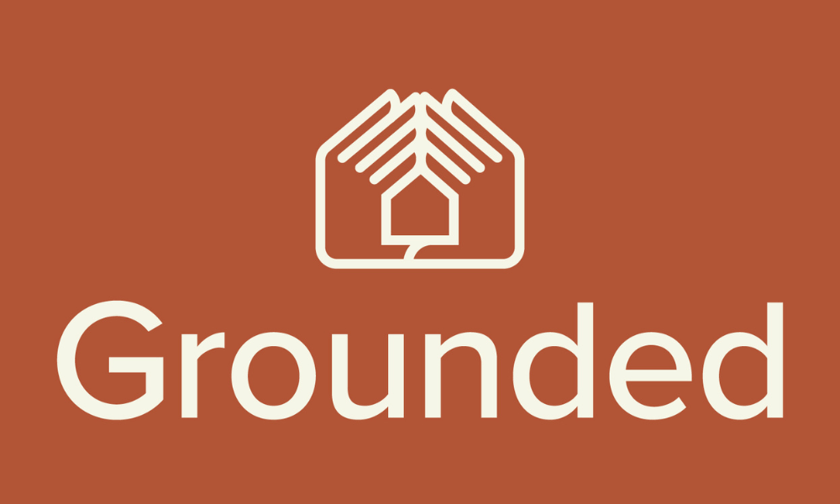

The Grounded Community Land Trust Advocacy is urging the implementation of a cap and trade system for Airbnb properties to address the disproportionate impact of short-term rentals (STR) on Australia’s housing market and fund affordable housing initiatives.
“Short-term rentals such as Airbnb’s have enjoyed an 81% higher return than investing in the long-term rental market,” said Karl Fitzgerald, report’s author and managing director of Grounded Community Land Trust Advocacy.
The report revealed staggering profits in the STR sector, with $584.6 million in net profits accrued and an average annual net profit of $48,980 per STR property.
Particularly profitable areas like the Whitsundays showed gains of $60,125 per annum over long-term rentals.
Moreover, a significant 74.2% of new housing was directed towards STRs in the 13 reviewed locales, stressing the market's deviation from long-term residential needs.
Fitzgerald pointed out the severe imbalance in towns such as Apollo Bay and Noosa Heads, where STR availability is more than double that of long-term rentals.
This trend is not only confined to tourist-heavy locations but extends to major cities, with areas in Melbourne, Sydney, and Brisbane also experiencing disproportionate numbers of Airbnb properties compared to long-term rentals.
“The return on investment in STR will see more supply heading that way unless the government takes action and an ‘Airbnb Cap n Trade’ system is implemented to curb the growth,” Fitzgerald said.
To counter the rapid expansion of STRs and redirect investment towards more sustainable housing solutions, Fitzgerald advocates for a cap and trade system for Airbnb properties. This system would involve auctioning a limited number of STR licenses, with the revenue generated funneling into affordable housing initiatives.
“The number of STRs needs urgent capping, with an auctioning of the remaining licences raising revenue for affordable housing. Over time, the cap on the number of STRs reduces, and licence values increase,” he said, envisioning a more balanced investment landscape between STR and long-term rental markets.
Fitzgerald said the proposed licensing system could generate significant revenue for local councils, potentially amassing up to $143m. These funds could be reinvested into creating affordable housing, thereby enhancing Airbnb’s social license and addressing the root causes of housing shortages.
“Through this STR licensing system, Airbnb could improve its social license by helping to address the problems at source,” Fitzgerald said.
Get the hottest and freshest mortgage news delivered right into your inbox. Subscribe now to our FREE daily newsletter.
